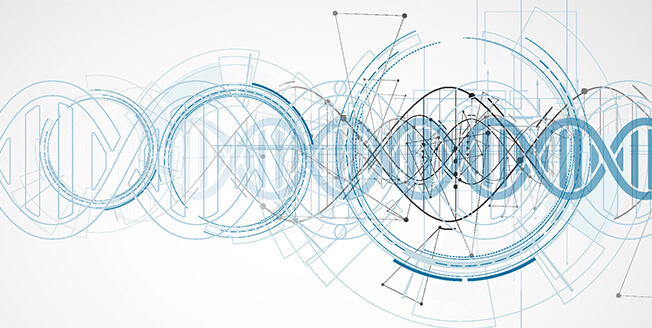
Oligonucleotides have become more important for medical applications, currently they are used to treat several diseases. Therefore, robust and highly sensitive analytical methods are required. Ion pair reversed phase liquid chromatography (IP-RP) and anion exchange chromatography (AEX) seem to be the gold standards for the characterisation of oligonucleotides and their by-products. In addition to AEX, hydrophilic interaction liquid chromatography (HILIC) can provide an alternative approach due to the highly polar nature of oligonucleotides.
The materials conventionally used for tubing and column hardware pose a special challenge for the analysis of oligonucleotides. Stainless steel provides mechanical resilience and compatibility with most solvents although many eluents such as methanol or acetonitrile can cause corrosion. The resulting positively charged surface can lead to metal leaching as well as undesired ionic interactions with the analytes. Electron rich analytes as oligonucleotides can be irreversibly adsorbed. This non-specific adsorption has a negative influence on recovery and peak shape. This effect is even more critical when working at low to neutral pH, as metals are more electropositive under these conditions.





